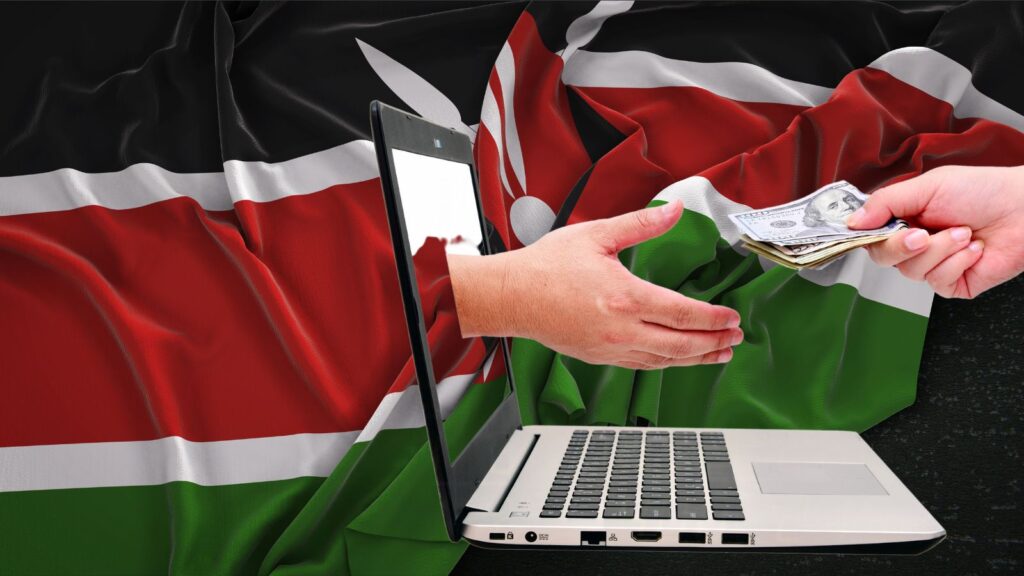When Sarah decided to invest in a new laptop to support her growing online business, she did extensive research, compared prices, and finally settled on a model that promised excellent performance and value for money. What she didn’t anticipate, however, was the hidden cost of her purchase—the frustrating, and often non-existent, customer service and warranty support.
In Kenya, buying a laptop isn’t just about the initial cost; it’s about the long-term reliability and support, or lack thereof, that you may encounter. Many Kenyans have found themselves caught in a web of challenges post-purchase, revealing a significant issue that often goes unnoticed. This article delves into the hidden cost of buying laptops in Kenya, with a particular focus on the lack of reliable customer service and warranty support.
The Promise of Warranty: A Mirage
Warranties are meant to offer peace of mind. They are assurances from manufacturers and sellers that if something goes wrong with your laptop, it will be fixed or replaced. In theory, this is a great safety net. In practice, however, the reality in Kenya can be starkly different.
Take the case of Michael, a university student who saved for months to buy his dream laptop. Just six months into his ownership, the laptop started experiencing severe overheating issues. Confident that his warranty would cover the repair, he approached the authorized service center. What followed was a series of frustrating interactions, delays, and ultimately, a refusal to honor the warranty due to vague “terms and conditions.” Michael was left with a malfunctioning laptop and no recourse, illustrating how the promise of warranty can be a mirage.
The Black Hole of Customer Service
Another significant hidden cost is the poor customer service that many Kenyan consumers face. The experiences of these customers range from non-responsive support lines to unhelpful and rude representatives. When problems arise, the expectation is that customer service will assist in resolving them efficiently. However, this is often not the case.
Consider Joyce, a graphic designer who purchased a high-end laptop for her demanding work. When her laptop’s screen started flickering intermittently, she reached out to customer service. After multiple attempts to get through, she was finally connected to a representative who seemed indifferent to her plight. Joyce was asked to bring her laptop to the service center, a journey that took her hours. Upon arrival, she was told that the parts needed were not in stock and would take months to arrive. In the meantime, her work suffered, and she had to resort to borrowing a friend’s laptop to meet her deadlines.
The Cost of Time and Frustration
The hidden cost of buying laptops in Kenya is not just financial but also emotional and temporal. Many customers find themselves spending countless hours trying to get their issues resolved, only to be met with bureaucratic hurdles and unsatisfactory solutions. This is particularly challenging for professionals and students who rely heavily on their laptops for daily tasks.
Take Peter, a software developer whose laptop battery failed within the first year of purchase. The process to get a replacement was nothing short of a nightmare. He had to navigate through a maze of calls, visits to service centers, and unfulfilled promises. After three months of relentless follow-ups, he finally received a replacement battery. During this period, his productivity took a significant hit, affecting his projects and income.
The Risks of Grey Market Purchases
In a bid to avoid the high costs associated with laptops from authorized dealers, many Kenyans turn to the grey market, where laptops are often sold at a lower price. However, this comes with its own set of hidden costs. Grey market products often lack official warranties, and if they do, these warranties are usually not honored by authorized service centers. This means that any issue that arises will have to be dealt with out-of-pocket, often at exorbitant costs.
For instance, Emily bought a laptop from a popular online marketplace, attracted by the lower price compared to authorized dealers. When her laptop’s hard drive failed within a few months, she discovered that the warranty provided was not valid at any authorized service center. She ended up paying almost half the price of the laptop to get it repaired, negating any savings she initially made.
The Need for Consumer Awareness and Advocacy
The experiences of Sarah, Michael, Joyce, and many others highlight a pressing need for greater consumer awareness and advocacy. Before making a purchase, consumers should:
- Research the Warranty Terms: Understand what the warranty covers and, more importantly, what it does not. Look for reviews and feedback from other customers regarding the after-sales service of the brand.
- Check Service Availability: Ensure that there are authorized service centers within reasonable proximity. This can save a lot of time and hassle if issues arise.
- Verify Seller Credibility: Whether purchasing from a physical store or online, check the credibility and reviews of the seller. Avoid grey market purchases unless you are prepared to handle repairs independently.
- Leverage Online Platforms: Use social media and online forums to share experiences and seek help. Often, public complaints on social platforms can expedite the resolution process as companies aim to protect their reputations.
Conclusion
Buying a laptop in Kenya is fraught with hidden costs that go beyond the price tag. The lack of reliable customer service and warranty support can turn what should be a simple purchase into a prolonged ordeal. By sharing the stories of those who have struggled, this article aims to shed light on the importance of robust after-sales support and encourage consumers to be more vigilant.
In the end, it’s not just about the specifications and the initial cost; it’s about ensuring that your investment is protected and that you have the support you need when things go wrong. As the saying goes, “The bitterness of poor quality remains long after the sweetness of low price is forgotten.
for more articles visit marginseye.co.ke



